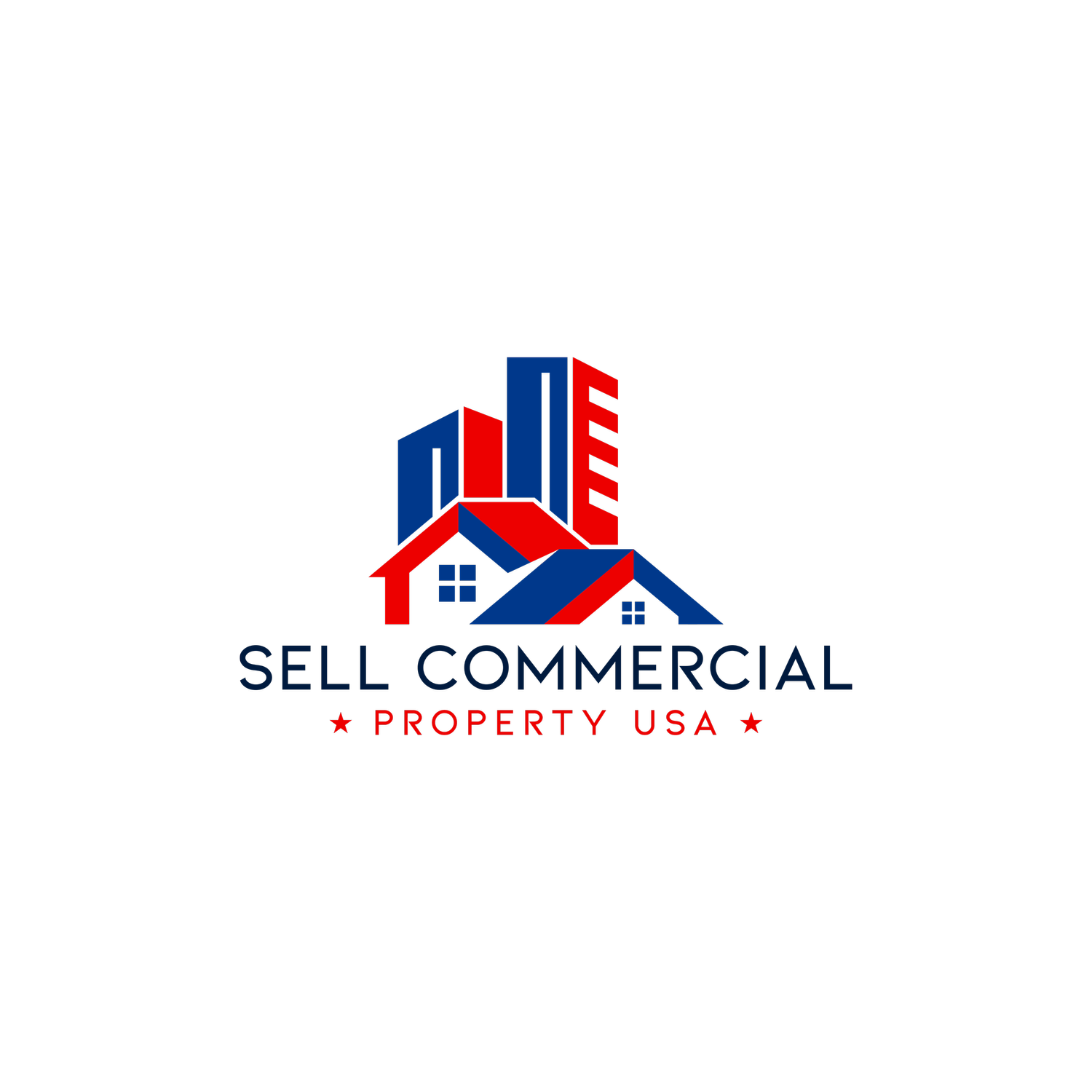How Much Is My Commercial Property Worth?
Commercial real estate is one of the most profitable investment opportunities, often generating higher returns than residential properties. From office buildings and warehouses to retail spaces and industrial facilities, the potential for long-term income is substantial. However, success in commercial real estate requires more than just purchasing a property—it demands research, financial planning, property improvements, and effective marketing.
This guide covers how to evaluate the true worth of a commercial property, strategies to increase its value, and proven ways to market it for maximum return.
Key Factors That Determine Commercial Property Value
Before investing in commercial property, it’s crucial to understand what drives property valuation. Enrolling in a commercial real estate certification program can provide the fundamentals and help you avoid costly mistakes.
Here are the main factors that influence commercial property worth:
Supply and Demand: High demand and limited supply drive prices up. For example, the surge in e-commerce has increased demand for warehouse spaces.
Location: Proximity to business hubs, transportation, and economic activity can significantly boost value.
Property Size and Layout: Larger, flexible floor plans tend to attract more buyers or tenants.
Condition and Age: A modern, well-maintained property is more appealing than an outdated building.
Economic Trends and Interest Rates: In a strong economy with low interest rates, more investors are willing to buy. Conversely, high rates may reduce demand.
Understanding these micro- and macroeconomic factors will help you make informed decisions and maximize commercial real estate investment returns.
How to Increase the Value of a Commercial Property
Once you own a property, strategic upgrades and management practices can significantly increase its worth.
Renovations and Upgrades
Install modern flooring, lighting, and fixtures to make spaces more appealing.
Keep utilities such as heating, cooling, water, and electricity in top condition.
Add functional amenities such as a fitness center, lounge, or conference rooms.
Cost Management
Reduce operating expenses by renegotiating contracts for services like insurance and maintenance.
Consider eco-friendly upgrades, such as energy-efficient lighting, which lowers costs and attracts sustainability-minded tenants.
Maximize Space Usage
Rent unused areas, such as rooftops, for additional income (e.g., cell towers or solar panel installations).
Convert underutilized spaces into offices, storage units, or coworking areas.
Improve Curb Appeal
Invest in landscaping, exterior cleaning, and fresh signage.
Maintain a polished and professional look that attracts both tenants and investors.
Interior Enhancements
Declutter and stage the property to highlight its full potential.
Apply fresh paint, deep clean, and create an inviting atmosphere for viewings.
These steps not only increase your property’s market value but also make it easier to attract long-term, reliable tenants.
Marketing Your Commercial Property for Maximum ROI
Even the most valuable property won’t sell or lease quickly without the right marketing strategy. Digital marketing and targeted advertising are essential tools for reaching the right buyers or tenants.
Build an Online Presence
Create a professional website showcasing property features, location benefits, and high-quality images.
Use search engine optimization (SEO) so your property appears in Google searches for terms like commercial property for sale, office space investment, or warehouse property value.
Choose the Right Listing Platforms
Instead of relying on general real estate websites, use platforms dedicated to commercial real estate, which connect directly with serious investors and businesses.
Tailor Marketing to Your Audience
For industrial properties, emphasize floor space, loading docks, and accessibility.
For retail spaces, highlight foot traffic, visibility, and proximity to other businesses.
With a strong digital strategy and targeted messaging, you can position your property as the most attractive option in the market.
Conclusion
Investing in commercial real estate can deliver outstanding returns, but success requires strategy. By understanding property valuation, making smart improvements, and using effective marketing, you can maximize both short-term and long-term profits.
Whether you’re a new investor or a seasoned property owner, knowing how much your commercial property is worth is the first step toward building wealth through real estate.

